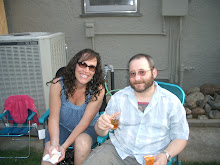The Bay Area Learning Network is one of the inaugural networks created to support professional learning in the 110 California community colleges. In 2009 building on its previous successes, the BSI now plans to integrate what has already been accomplished with a new pilot, growing into a self-sustaining, statewide, professional learning Network intended to promote overall systemic change. This will allow faculty, staff, and administrators to share and build upon existing knowledge while at the same time creating opportunities for transformation. Foundational to this Network are evidence-based knowledge building, inquiry, capacity building, direct training, and resource development. To build the pilot Network, coordinators have been assigned to four specific locations (Bay Area, Los Angeles, Sacramento/Central Valley, and San Diego). These coordinators will facilitate efforts in the local regions, while at the same time providing connections with the greater statewide network.
Along the same lines, the Professional Development Consortium at Solano College is in the process of creating a centralized archive of professional development and focused inquiry resources. A temporary archive of interesting things to read can be found here. Please pass along anything else you come across that you think others will benefit from reading or looking at!
Other sites of interest:
https://www.innovativeeducators.org/
http://oncourseworkshop.com/
http://www.weeklyinnovations.org/
President’s Report to the Senate
-
*Meetings*:
*FABPAC*: Dr. Laguerre announced that on Monday the Vallejo Center was
approved as a center by the California Community Colleges Board of
Go...
15 years ago
